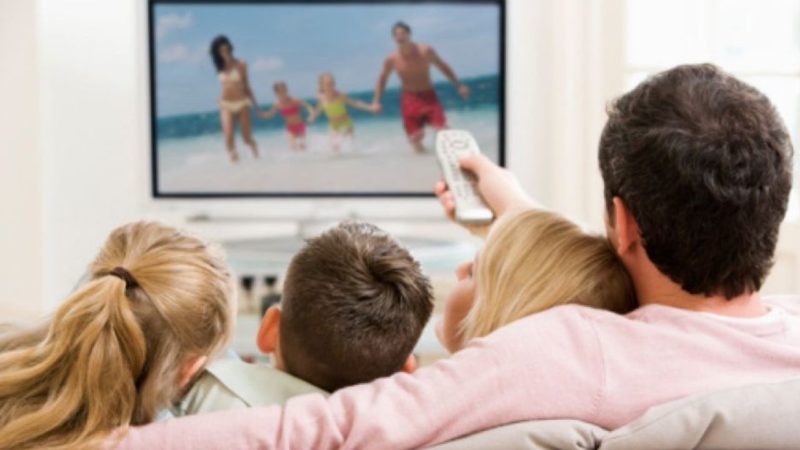Australians no longer relate to ‘Aussie family’ advertising stereotypes as housing crisis bites
Major shifts to family structures and the housing affordability crisis are among the key trends shaping the world post-COVID, according to a new report from Pureprofile Limited and Insights Exchange.
According to the report, in the next five to ten years, the traditional household structure is going to be surpassed by more fluid definitions of family, due to couples having children at a later age and millennials being unable to afford to buy property.



So good to have these statistics out there. Last count in 2019 via the ABS suggested over 67% of families are non-traditional yet advertising still shows Mum, Dad and two young kids. Also the over-representation of Mum’s as carers of children continues to keep the inequalities in play and push fathers out of their right to parent too. Let’s hope that this report gets people rethinking. Great initiative.
Any link to the final report available please?
Read the report here, Anne: https://business.pureprofile.com/study-says-aussies-no-longer-relate-to-aussie-family-ad-stereotypes-as-cost-of-living-bites/